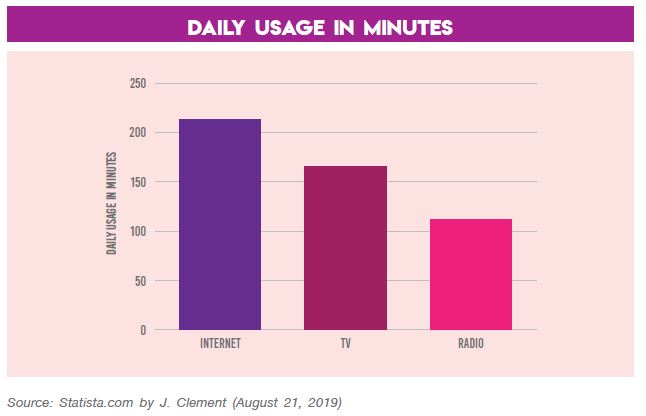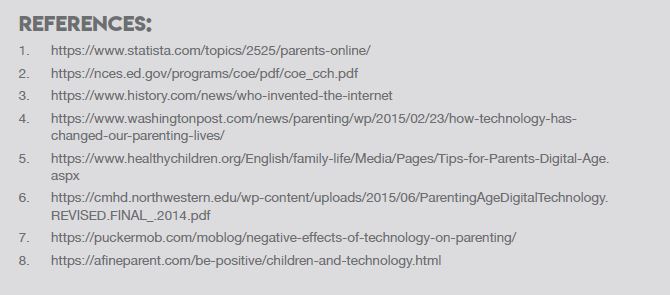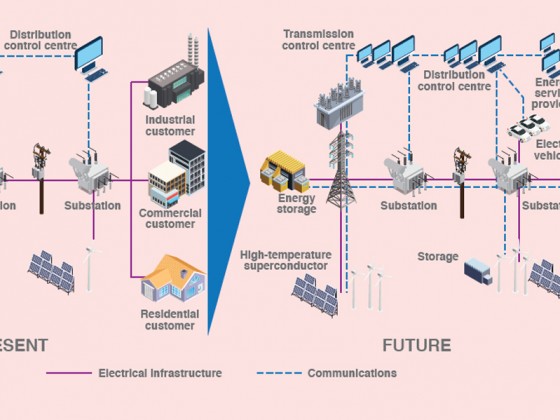by | Nur Amira Muhammad, amira@might.org.my
In the last few years, the word ‘millennial’ has been a much discussed topic. Ushering in a new era, millennials have become trendsetters in the past decade. During this defining period, millennials have truly cemented their roles. To illustrate, one prevailing trend has caught on around how millennials socialise—albeit virtually, millennials spend hours on end reconnecting with childhood friends, sharing photos and activities on social media. Internet, is central to everything millennials do. Everything is reachable and accessible via the internet. Gone were the days of bulky GPS devices or tangible maps for navigation. Today, we can simply download a wide choice of navigation applications and use them on our smartphones. Why would you bother going to a restaurant to fill up when you can simply order food online? One no longer has to withdraw cash from an ATM machine when e-wallets can electronically transfer money for almost any kinds of transactions. Things have become a lot easier nowadays and by contrast, a lot different.
Moving to the future
Technology has led to many remarkable innovations. The devices we use every day, for example, were simply unthinkable two decades ago. Commuting to work on a hover board or coordinating team meetings remotely across various locations and time zones are sizzling technology trends pointing towards the future. Smartphones have become more than just phones. These devices have now become highly capable portable computers. We no longer need to open our laptops to go over documents before attending a meeting. All this can be viewed through our smartphones and tablets. Tech companies such as Apple, Samsung, Microsoft, Huawei, Oppo and many others are jostling to provide better devices, making the mid-range market for mobile devices just as good as flagships. That’s how close the competition is. As a rule of thumb, consumers will have to pay more to indulge in better experiences from new devices. This is what’s been commonly said as, “the more you earn, the more you can spend.” As a result, such notions have prompted unintended consequences. So much so, the devices millennials use today can be said to represent their status quo. On the flip side, it has become detrimental when our youngsters are mired in this mentality. In order to feel accepted, millennials often feel the pressure of having to keep up with the latest technology trends as a virtue of living the millennial lifestyle.
Boundless World
Apart from this, social media’s direction too has diverged from its intended objective. The consequences of this can be pretty dire to our society. Initially, social media was meant to connect us with our friends and acquaintances. Unfortunately, it is slowly turning the other way around, disconnecting us from the people we have close ties with. For instance, as a consequence of being too engrossed with multiple social media accounts, couples are spending lesser time having conversations together. In addition, people are starting to share almost everything they do and this has turned out to be a benchmark of happiness for some. Despite this, people are only showing the rosy sides of having love relationships, holidays and parenthood among others.
Somehow, they are making others feel insecure and inadequate about what they have. Beauty standards too have become unreasonably superficial. To a degree, this has inflicted millennials and teenagers with low self-esteem and anxiety issues. Oftentimes, the actors of change, or notoriously known as influencers, are promoting a materialistic lifestyle as the ultimate cost of happiness.
Millennials and parenting
Millennials who have risen beyond conventional opportunities compared to their traditional parents are now bustling parents themselves. Given the evolving dynamics of the society, children of millennials, known as the Generation Alpha, will largely be the most formally educated, technologically equipped and wealthiest kids. In terms of parenting, based on a statistic published by J. Clement, in the United States alone, as of January 2017, mothers spent an average of 211 minutes browsing the internet on a daily basis compared to 138 daily minutes on TV consumption. During an autumn 2014 survey, it was found that parents in the United States were frequently giving and receiving support on social media, responding to good news by commenting and liking positive status updates by others. This showed an extensive usage of internet among parents in leading their parenting lives. The downside of “learning” how to be a good parent through social media is that the learners may misunderstand the real essence of becoming good parents. Parenting is certainly complex and it requires real efforts from both parents. Meanwhile, for working parents, it takes a higher threshold of collaborative efforts to juggle work, raising a family and personal life. As such, it is important for parents-to-be to seek out information from the right sources in learning how to lead their parenting lives.

It is also worth noting that the usage of gadgets among children is worrying to say the least. Parents should always be aware of the negative impact that may outweigh the benefits of letting their children use mobile devices at an early age. There have been several cases where children exposed to excessive usage of gadgets such as iPads and tablets causing physical and mental damages to children. According to a study, children tend to become overweight and have higher chances of developing seizures and vision problems when they spend too much time with digital devices.
In that sense, it is highly important for new parents to sufficiently educate themselves beforehand in order to avoid these side effects. Malaysia in particular, provides reliable information outlets for new parents to learn about parenting. One of these is a website called The Asian Parent (Malaysian Parenting and Motherhood Advice). This is one of the most visited websites for young parents to gather useful information and tips on how to lead their parenting lives especially for new mothers expecting their first child. This website is highly practical for new parents to learn and connect with others from the same demographic areas. There are tonnes of information shared by real parents based on their personal experience from various backgrounds that include medical professionals such as doctors, nurses, pharmacists and many more. Nevertheless, as consumers, we should not rely too heavily on web-sourced information. We should at least do our due diligence to ensure the information shared is based on facts and not anyone’s personal opinions.
For example, this website and countless others can be reliable sources and will come in handy for new parents deciding whether to send their children to play school or pre-school. By looking up for information on the internet, parents can gather and compare a host of varying perspectives, thoughts and opinions to supplement their knowledge. In Malaysia for example, many parents opt to send their children from the age of 4 to play schools first. This is viewed as an important milestone to develop children’s social skills alongside their peers. However, this view may not be relevant in other countries.
Drawing the line
Now, children dedicate most of their hours to their mobile phones, computers and digital technologies that have both positive and negative impacts on their lives. In turn, this has intensified parents’ responsibilities and challenges to safeguard their teens and tweens from the online dangers.
Where do we draw the line? We can’t expect our kids to be mature enough to make good decisions about a highly advanced tech toy without any guidance from us. And how can we anticipate the issues of giving something to our kids that didn’t even exist while we were growing up? As parents we need to make an intentional effort to figure out how our kids interact, use or abuse this technology. And look for ways to handle it in a positive way, so this does not turn into a source of constant tug of war and power struggles.
Generally speaking, the speed and range of today’s internet are allowing millennial parents to access information from all over the world within seconds. Again, parenting is certainly complex, but there are many ways and streams of information available for parents to plan and fashion their parenting styles. In short, technology brings a host of benefits as long as users know where to set the limit. With the number of millennials raising children expected to grow exponentially over the next few years, this technology trend will only become more widespread. But the question that begs asking is, will technology help millennials raise their children better? Surely, the answer is yes. However, this DIY generation certainly needs education on the basic principles of good parenting without resorting to decisions hastily after looking for reasonable answers from the web.











